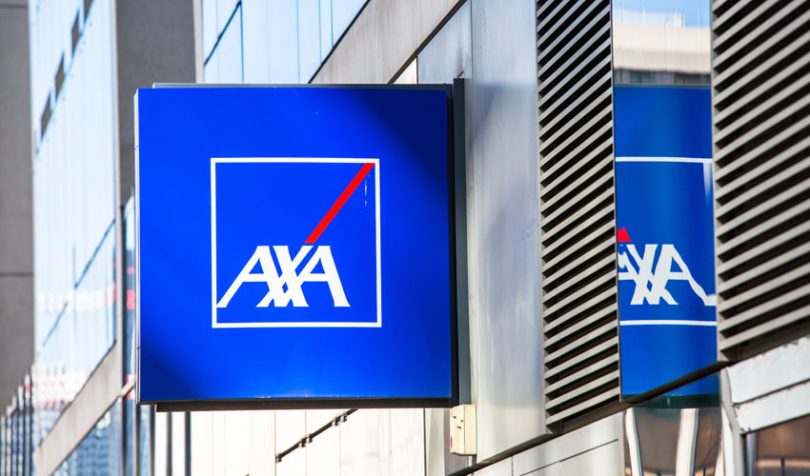This week, AXA ceased operations of its blockchain experiment fizzy, a parametric insurance solution for delayed flights. Launched in 2017, the project hoped to automate the claims process with smart contracts on public Ethereum.
With blockchain, fizzy brought automation, transparency, and trust to the consumer. The idea was that a customer could purchase insurance and forget about it, with the first notice of loss (FNOL) automatically sent to the insurer once their flight was delayed by two hours or more. The compensation amount was pre-determined and sent straight to the customer’s bank account without the need to make a claim.
An early player in blockchain insurance, AXA claimed to be the first large firm in the sector using public Ethereum. However, first movers don’t necessarily succeed.
“The travel/airline industry appetite was just not strong enough, whatever form fizzy was suggested,” explained project head Laurent Benichou, commenting on LinkedIn. “It is certainly very sad, but this is the hard truth of innovation: some projects will find their market easily, some will not.”
Indeed, larger firms must accept that failure is a possibility in innovation. While startups experiment all the time, companies as big as AXA are less likely to take risks. Especially in a highly regulated sector like insurance.
“We have nonetheless learned a lot on Ethereum and initiated a few ideas on customer centricity that will (I am sure) grow in the insurance sector,” Benichou continued. He mentions claimless settlement, zero customer effort, trust by design, and instant indemnity as some of these areas.
“The team will now shift to other projects but will remain interested with the crypto sector and protecting people,” he added.
Previously purchased fizzy policies are still valid, and customers can contact the team until the end of this year.
AXA, or AXA XL after its merger with XL Catlin, is an investor in blockchain consortium B3i and has partnered with startup Assuredly for insuring security token offerings. Earlier this year, we interviewed Assuredly’s CEO on the project.
With thanks to Insureblocks for giving us a heads up about the story






